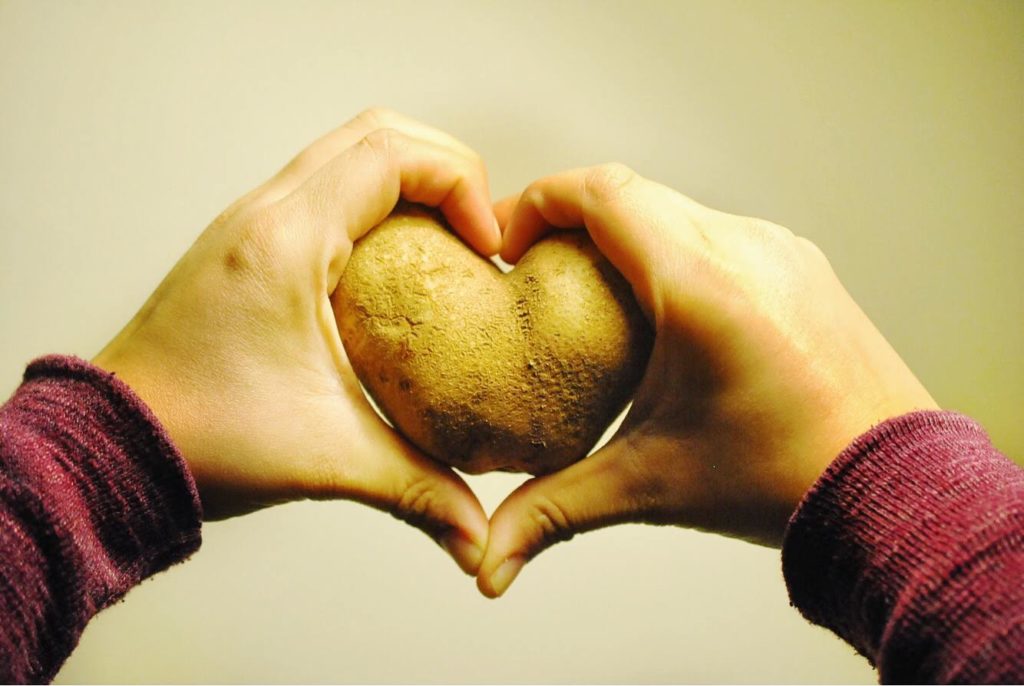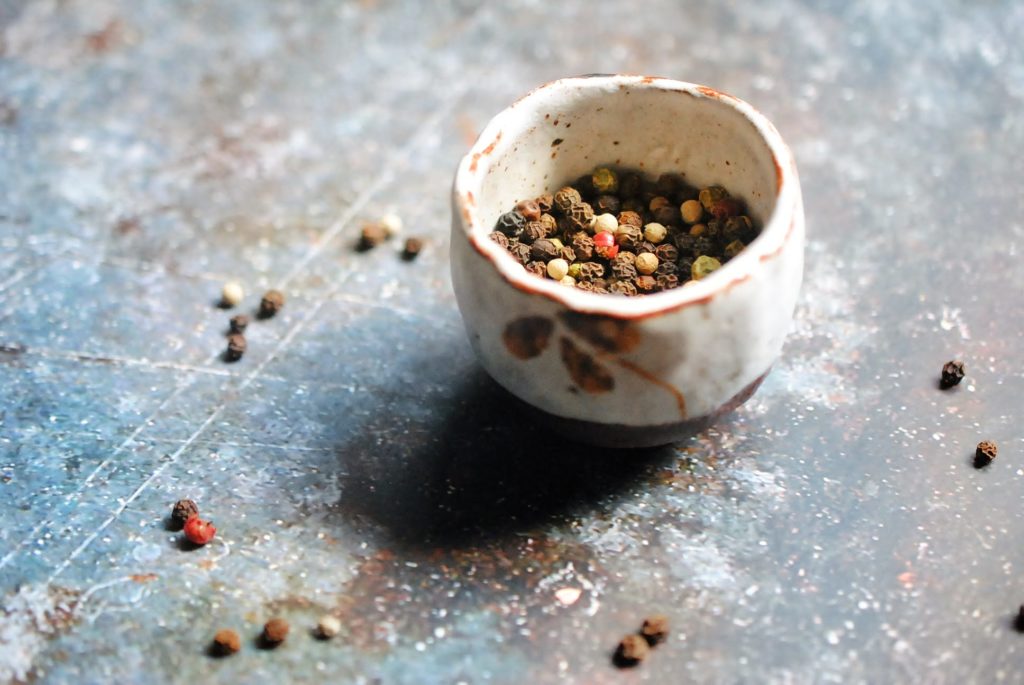
Welcome to our site! We are a team of South Indian sisters whose names rhyme (thanks mom) –
Janani and Ranjani.
We were raised vegetarian and are transitioning into the even more plant-based, vegan world. We are also 1-part scientist, 1-part climate advocate, 1-part musician, and 2-parts nerd (the math works, trust us).
We love to create in the kitchen with an eye to our cultural roots, to clean eating, and to our responsibilities to the planet (incidentally, ‘Janani’ means Mother Earth in Sanskrit!).
Cumin Nature is about food sovereignty, justice, and sustainability.
It is more than just a recipe blog.
To us, it is a lifestyle channeled through us by our fearless immigrant mother, Kalyani. She moved from India to the United States in her early 30s with two small kids in tow. She worked full-time, went to school in the evenings, and raised two daughters in a world far different from her own known upbringing. Despite these challenges, she managed to put delicious, healthy, inventive meals on the dinner table each night.
With limited resources but boundless imagination, she created meals that masterfully combined flavors from her mother’s kitchen in South India with ones she encountered in her new surroundings. Her food embodied the melting pot promise of America. It wasn’t rare to sit down at the dinner table as an 8-year-old and be presented with strawberry rasam, aloo jeera pasta, and jalapeño sambar.
Through her example, she taught us to appreciate bold flavors. She taught us clean eating through the use of simple, natural, indigenous ingredients. She taught us the value of conservation and sustainability. She taught us to honor our food.
We firmly believe the right of peoples to healthy and culturally appropriate food produced through ecologically sound and sustainable methods.
For more on food sovereignty, read this!
We also believe the history of food is as much about the people as it is the dishes. We use this blog to pay down a debt of pleasure to the farmers, chefs, community members and our ancestors who came before us, whose stories have been lost in history.
So many foods we enjoy come from people in subjugation;
when we understand our food and where it comes from, we get closer to decolonizing our minds and actions.


What should you expect?
In this blog, you will find tips to efficient and flavorful cooking and clean eating.
You will learn about how sustainable practices have been at the core of many immigrant cultures, including our own.
You will find plant-based recipes that combine flavors from all over the world, and learn the history of the communities who brought these ingredients to our fore.
And you will learn the history behind food of Indian origins, to help bring back the narrative to the taste of indigenous cultural traditions, not the aftertaste of empire.
We hope you will leave empowering:
yourself with the knowledge and tools to create in the kitchen, adopt a conservation mentality, and fight against extraction within our communities;
others to define their own food and agriculture systems for themselves.
